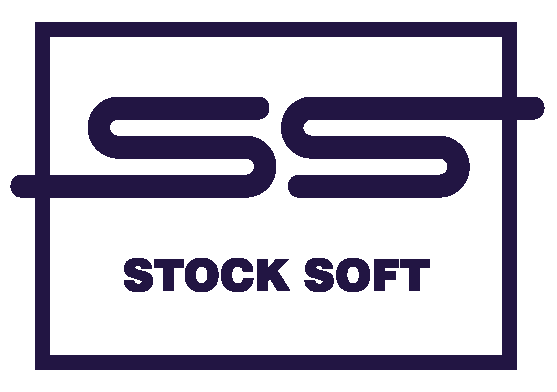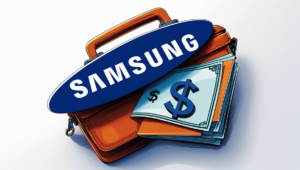The South Korean tech giant Samsung Electronics (005930.KS) opened a new tab on Wednesday, warning that U.S. tariffs could reduce demand for products such as smartphones, making it harder to forecast future results.
Samsung stated that it expects greater uncertainty in its semiconductor business over the year, while smartphone shipments faced downward pressure in the second quarter.
The cautious forecast from one of the world’s largest electronics manufacturers reflects the uncertainty shaking global trade due to U.S. President Donald Trump’s tariff war, and came a day after General Motors (GM.N) withdrew its annual forecast.
The world’s largest memory chip maker reported slight growth in operating profit for the first quarter, as customers, concerned about U.S. tariffs, rushed to purchase smartphones and standard chips, softening the impact of struggling artificial intelligence (AI) chip production.
The company reported an operating profit of 6.7 trillion won ($4.68 billion) for the quarter ending in March, a 1.2% increase compared to last year, in line with previous estimates.
Samsung shares, one of the largest technology companies to have posted the worst performance last year, fell by 0.4% in line with the overall market.
Sharp U.S. tariffs on Chinese goods and increased restrictions on the sale of AI chips to China, Samsung’s key market, threaten to reduce demand for some of the electronic components the company manufactures, such as chips and smartphone displays.
Trump’s “reciprocal” tariffs, most of which have been suspended until July, threaten to strike dozens of countries, including Vietnam and South Korea, where Samsung manufactures smartphones and displays.
Samsung said it is considering shifting production of televisions and home appliances in response to tariff impositions.
The company expects demand for chips to remain stable in the second quarter, driven by AI servers and preemptive purchases following the tariff pause, it said.
However, Samsung warned that previous chip shipments by some clients could negatively impact demand later this year.
"We believe demand uncertainty is rising in the second half of the year as a result of recent changes in tariff policies in major countries and tightening controls on AI chip exports," said Kim Jae-jun, Vice President of Samsung’s memory division, during a conference call on earnings.
However, Samsung’s CFO Park Sun-chul said, "We cautiously expect that overall performance will gradually improve in the second half of the year, assuming the current uncertainty weakens."
Some analysts were unconvinced, stating that the company did not provide detailed forecasts regarding its AI chip business, which is facing difficulties.
"Given that demand is still growing, and macroeconomic uncertainty persists, the explanation of the forecast 'low in the first half, recovery in the second' was missing," said Ryu Yong-ho, Senior Analyst at NH Investment & Securities.
AI CHIPS
Samsung’s mobile and network division reported a 23% increase in profit to 4.3 trillion won during the period, reaching its highest level in four years, driven by the latest flagship Galaxy S model with AI features.
Samsung accelerated smartphone production in Vietnam, India, and South Korea ahead of U.S. tariffs, a source familiar with the matter told Reuters.
While the mobile sector showed strong results, the operating profit of the chip division fell by 42% to 1.1 trillion won compared to last year, despite some customers stockpiling chips.
Samsung reported a drop in sales of high-bandwidth memory (HBM), used in AI processors, partly due to U.S. export controls on AI chips.
Samsung said it had shipped samples of its improved HBM3E products to key customers and expects HBM sales, which bottomed out in the first quarter, to "gradually" grow from the second quarter, without providing detailed target figures.
Analysts estimate that about one-third of Samsung’s HBM revenue comes from China, and the company lags behind its competitor SK Hynix (000660.KS) in China in supplying such chips to Nvidia (NVDA.O) in the United States.
Last week, SK Hynix recorded its second-largest quarterly operating profit in the first quarter, up 158% to 7.4 trillion won, driven by strong AI-related demand.
Revenue rose by 10% to 79.1 trillion won from January to March, in line with the previous estimate of 79 trillion won.

